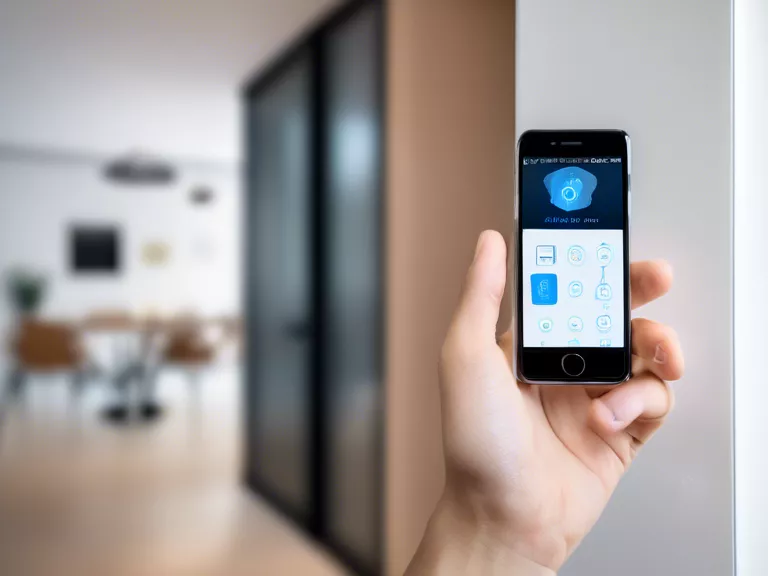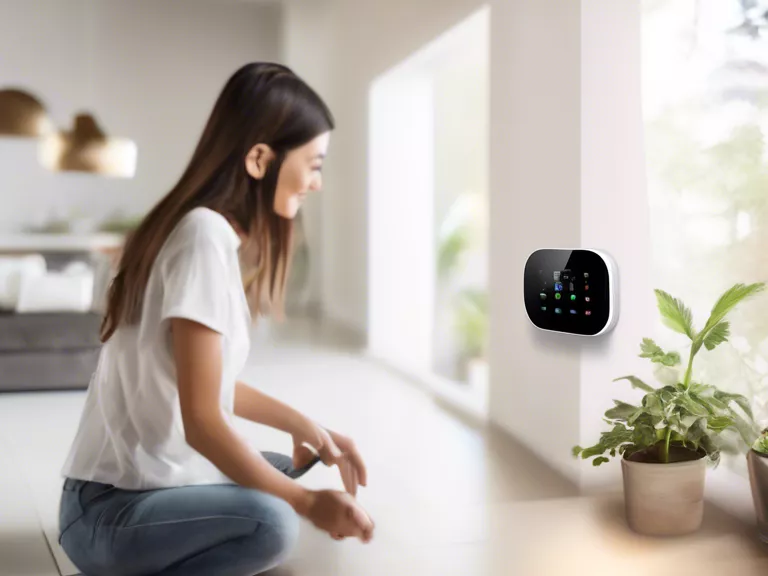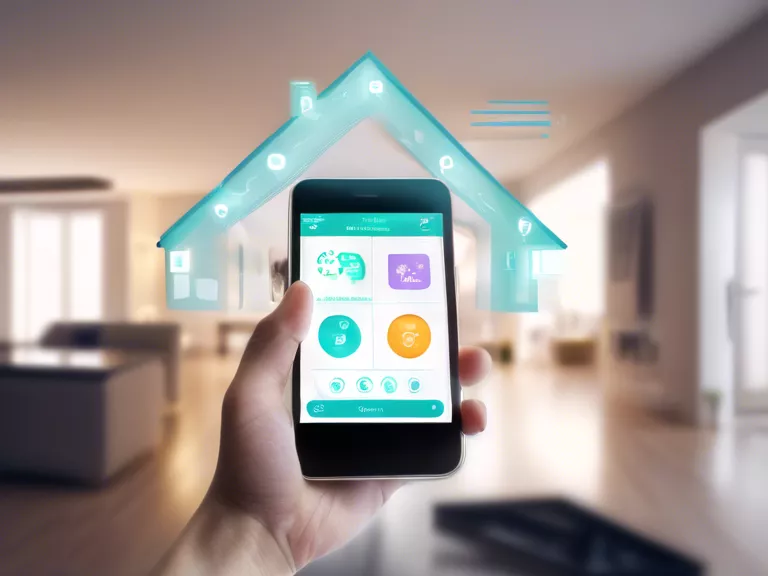
With the rise of smart home technology, there has been a growing focus on improving accessibility features for people with disabilities. Artificial Intelligence (AI) has played a key role in this advancement, making it possible for individuals to control their home environment using voice commands or assistive devices. In this article, we will explore the role of AI in improving smart home accessibility features and how it is making homes more inclusive for all.
AI-powered virtual assistants such as Amazon's Alexa, Google Assistant, and Apple's Siri have revolutionized the way people interact with their smart devices. These virtual assistants can be programmed to respond to voice commands, providing an easier way for individuals with disabilities to control their smart home devices. For example, someone with limited mobility can simply ask Alexa to turn on the lights or adjust the thermostat, eliminating the need to physically operate these devices.
In addition to voice control, AI technology can also help individuals with visual impairments navigate their smart home. By integrating AI with smart home devices, users can receive audio cues and alerts to help them navigate their home more independently. For example, smart home cameras equipped with AI technology can notify users of any potential obstacles or hazards in their path, allowing them to move around safely.
Furthermore, AI can enhance the overall comfort and convenience of smart homes for individuals with disabilities. By learning user preferences and habits, AI systems can automatically adjust lighting, temperature, and other settings to create a more comfortable living environment. For example, AI can adjust the height of smart home devices or customize the user interface based on individual needs, making it easier for people with disabilities to interact with their devices.
Overall, AI technology is playing a crucial role in improving smart home accessibility features and making homes more inclusive for individuals with disabilities. By leveraging the power of AI, smart home devices are becoming more intuitive, responsive, and adaptive to the needs of all users, creating a more accessible and user-friendly environment for individuals of all abilities.



